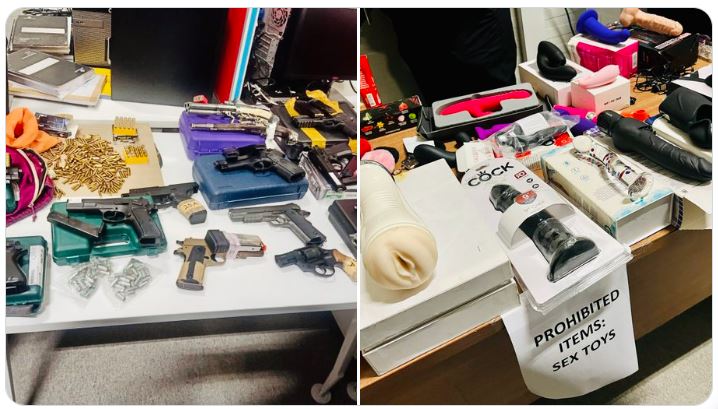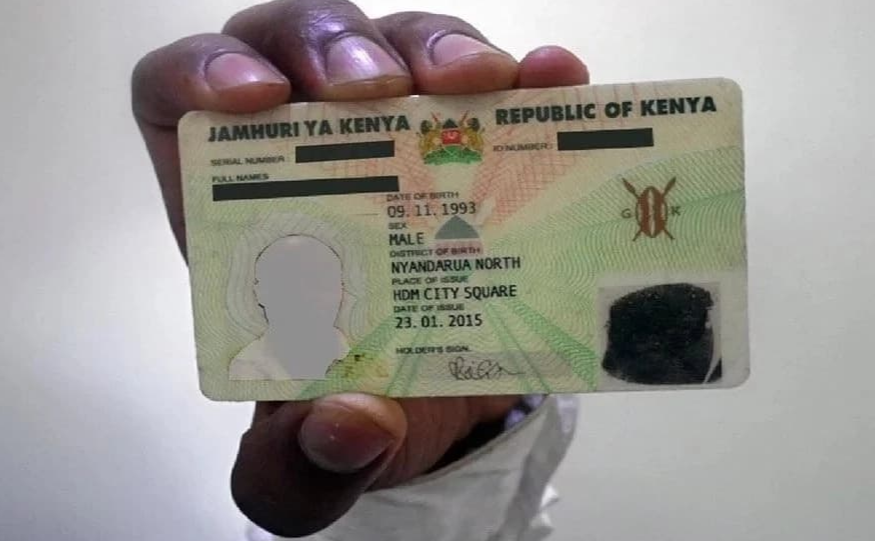
Government Spokesman Isaac Mwaura announced last week that the Kenya Revenue Authority will reevaluate the $500 tax imposed on personal items subject to customs duty.
This decision comes in response to public outcry from Kenyans when KRA initiated the implementation of the East African Community Customs Management Act of 2004, which mandates travelers to Kenya to pay customs for personal goods.
Mwaura stated that the government has engaged in discussions with KRA to reconsider and review the fee.
In the meantime, the taxman has specified items that require declaration, such as:
- Items purchased and transported upon your return to Kenya.
- Inherited items acquired while abroad.
- Items obtained in duty-free shops, on a ship, or on a plane that exceed the prescribed limits.
Declaration is also required for:
- Repairs or alterations to items taken abroad and subsequently brought back, even if the repairs/alterations were done at no cost.
- Items brought home for someone else, including gifts.
- Items intended for sale or use in your business, including business merchandise taken out of Kenya during your trip.
The guidelines specify that even if an item purchased during the trip has been used, it remains subject to customs duty.
As per KRA guidelines, individuals must specify in US currency on the Passenger Declaration Form the actual amount paid for each item.
Additionally, currency exceeding $10,000 or its equivalent is mandatory to declare at Customs upon arrival.
“The price must include all taxes. If you don’t know for sure, estimate. If you did not buy the item yourself – for example, if it is a gift – estimate its fair retail value in the country where you received it,” KRA said.
“You must declare the item at the price you paid or, if it was a gift, at its fair market value.”








